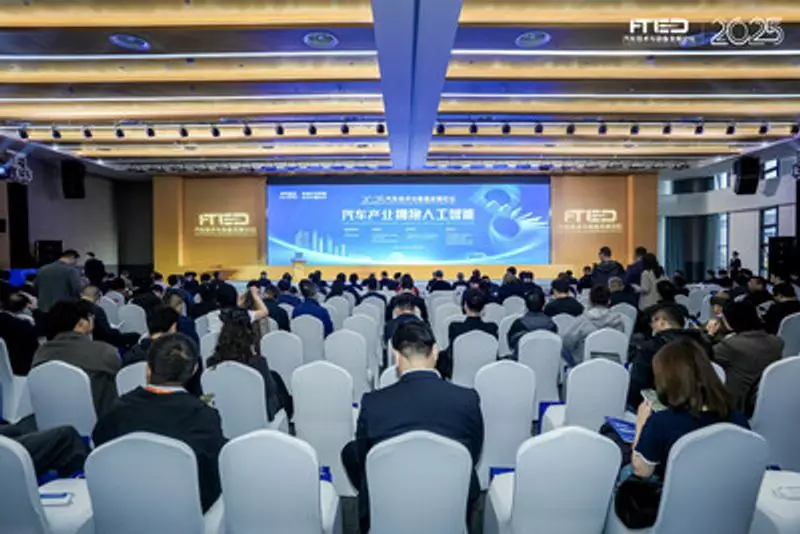
India's automotive sector is embarking on a transformative journey as industry leaders converge to explore innovative pathways for high-quality development. The recent industry gathering highlighted critical strategies focusing on equipment enhancement and technological leadership to propel the sector into a new era of growth and sustainability.
Equipment Foundation and Technological Leadership
The automotive industry's future success hinges on building robust equipment infrastructure while leading with cutting-edge technology. Industry experts emphasized that modern manufacturing equipment and advanced technological integration are no longer optional but essential components for staying competitive in the global market. The discussions revealed that companies investing in state-of-the-art machinery are seeing significant improvements in production efficiency and product quality.
Several prominent industry figures shared insights about the critical need for upgrading manufacturing capabilities. They stressed that technological innovation must drive every aspect of automotive development, from design and production to distribution and after-sales service. The consensus among participants was clear: embracing digital transformation is crucial for achieving sustainable growth and maintaining India's position as an emerging automotive powerhouse.
Sustainable Development and Future Roadmap
The exploration of new development pathways placed strong emphasis on environmental sustainability and eco-friendly practices. Industry leaders discussed comprehensive strategies for reducing the carbon footprint of automotive manufacturing while maintaining production efficiency. The shift toward electric vehicles and alternative fuel technologies emerged as a central theme in these discussions.
Participants outlined a clear vision for the industry's future, focusing on creating globally competitive products that meet international quality standards. The roadmap includes significant investments in research and development, particularly in areas like battery technology, autonomous driving systems, and connected vehicle technologies. These advancements are expected to position Indian automotive companies as innovators rather than followers in the global market.
Collaborative Growth and Industry Transformation
The gathering highlighted the importance of collaboration between industry stakeholders, including manufacturers, suppliers, government agencies, and research institutions. Such partnerships are crucial for developing integrated solutions that address the complex challenges facing the automotive sector. The discussions emphasized that no single company can drive the industry's transformation alone.
Industry leaders also addressed the need for skilled workforce development to support technological advancement. As vehicles become more sophisticated and manufacturing processes more automated, the demand for technicians, engineers, and specialists with advanced skills continues to grow. Several initiatives for vocational training and professional development received strong support from participants.
The automotive sector's transformation represents a significant opportunity for India to establish leadership in sustainable mobility. With the right combination of equipment modernization, technological innovation, and collaborative effort, the industry is poised to achieve new heights of excellence and global recognition.






